
A.M. BOYS – PRESENT PHASE
The second album from the NYC duo of John Blonde and Chris Moore is an enigma. As an example of leftfield electronic pop it’s up there with the best. Not only that, but Blonde and Moore’s conscious decision to evenly split the album between vocal tracks and instrumental pieces is unlike anything else on the market today. That largely from the way these pieces were written through intuition – if Blonde didn’t feel lyrics flowing when they were working on a track, he wouldn’t force them, and it would stay a pure instrumental piece. That gives each of these pieces an intentionality and purpose, not a sense of incompleteness. ‘Yesterday Yes’ is a good example of a track that exudes a bold, epically-building firmness – exceptionally lyrical in its melodic motif, only without lyrics. Elsewhere, the sublime ‘Ocean Ocean’ documents Blonde’s feelings as he sat watching the waves and surfers on Surfrider Beach, bringing some California warmth to their East Coast starkness. ‘Wounded Wrestler’ might be a note of romantic longing to an injured college sportsman, but its noisy, rough-edged delivery gives off an edge of a lost Throbbing Gristle track recorded live in a dark and murky Manhattan club. I interviewed Blonde and Moore for Electronic Sound. You can find that interview here. Released May 16 2005.
https://amboys.bandcamp.com/album/present-phase

CLOUD CANYONS – ECSTASY / DISCIPLINE
Cloud Canyons are an Italian quartet of Stella Baraldi, Michelle Cristofori, Laura Storchi and Nicola Caleffi. This single follows their 2023 debut album Dreaming Of Horses Running In Circles, and contains two long tracks that showcase a singular approach to electronic music. ‘Ecstasy’ is a dreamy affair, all pulsing arpeggios drenched in soft reverb to create hazy, gauzy, etiolated textures. There is a hint of white noise at the music’s fringes, like the lonely sound of rain on an apartment window. Over these sounds we hear mantra-like vocals that alternate between euphoric and uncertain, like the clipped voices of a half-heard conversation. ‘Discipline’ isn’t, alas, a Throbbing Gristle cover, but it does bear some similarity to Billie Ray Martin’s version of ‘Persuasion’. Over a grid of ceaseless beats, Cloud Canyons deploy a menacing bass pattern, minimalist, pointillistic high-pitched sounds and a fragile melody, while repeated vocals are processed into echoing beds of sound. It is at once energetic and insistent, carrying a sense of urgency and vital dark energy. The two tracks couldn’t be more different, but, really. who needs conformity anyway? Released July 25 2025.
https://cloudcanyonsband.bandcamp.com/album/ecstasy-discipline

MORAY NEWLANDS – THE RED RED EARTH (Wormhole World)
I’ve been meaning to write about this album for a while, ever since I read the opening line of Moray Newlands’ email that accompanied this album: “I’ve been ruminating on the inevitability of death and how it will come to us all at some point.” I spend an inordinate amount of time thinking the same thoughts, and my Mortality Tables project (which Newlands has contributed to) is almost entirely occupied with our essential impermanence. With a title inspired by the soil to be found near his home on the east coast of Scotland, the 16 pieces presented here represent his unfolding thoughts d reflections. Taking in soft and introspective piano, field recordings, wobbly vocal sounds, church bells, discordant strings, delicate electronics, inquisitive textures and quotes from Sylvia Plath, these pieces are far from maudlin, miserable reflections of Newlands’ thoughts. Instead, they carry a sort of openness and acceptance. The exception is ‘An Incident Has Occurred’ and its counterpart, ‘Another Incident Has Occurred’, which underline a brief sense of panicked uncertainty. The plaintive ‘(Put Me In) The Red Red Earth’, which closes the first half, and a version of Philip Glass’ ‘Closing’, which concludes the album, will just about finish you off and usher you to your own burial spot under the title’s red, red earth. Released August 15 2025.
https://wormholeworld.bandcamp.com/album/the-red-red-earth

MARCO AVITABILE – A FEW MEANINGFUL THINGS (Colectivo Casa Amarela)
Marco Avitabile is an Italian guitarist. There’s also a house DJ with the same name, but I’m guessing these aren’t the same person. Avitabile’s technique came out of heavier rock, but he has now established himself as a improviser, usually adding effects and processing to lift his music into a more structured style. His latest album for the Lisbon Colectivo Casa Amarela label is one freighted with tension, specifically the different directions we are all pulled in during our lives between family, work and our myriad passions. That essence manifests itself here in playing that is never angry or fractious, but which gently oscillates, as if Avitabile is using his instrument to ask questions in an attempt to make sense of his world. Key track ‘Copenhagen’ is an eight-minute guitar symphony, framed by an initial cluster of heavy guitar crashes and reverb that evolve into a poignant, heart-wrenching melody accompanied by subtle, unobtrusive electronics. The piece has a journeying, evolving quality, moving from the troubled, anguished darkness of its opening moments toward something much more euphoric. Released August 31 2025.
https://casaamarela.bandcamp.com/album/a-few-meaningful-things
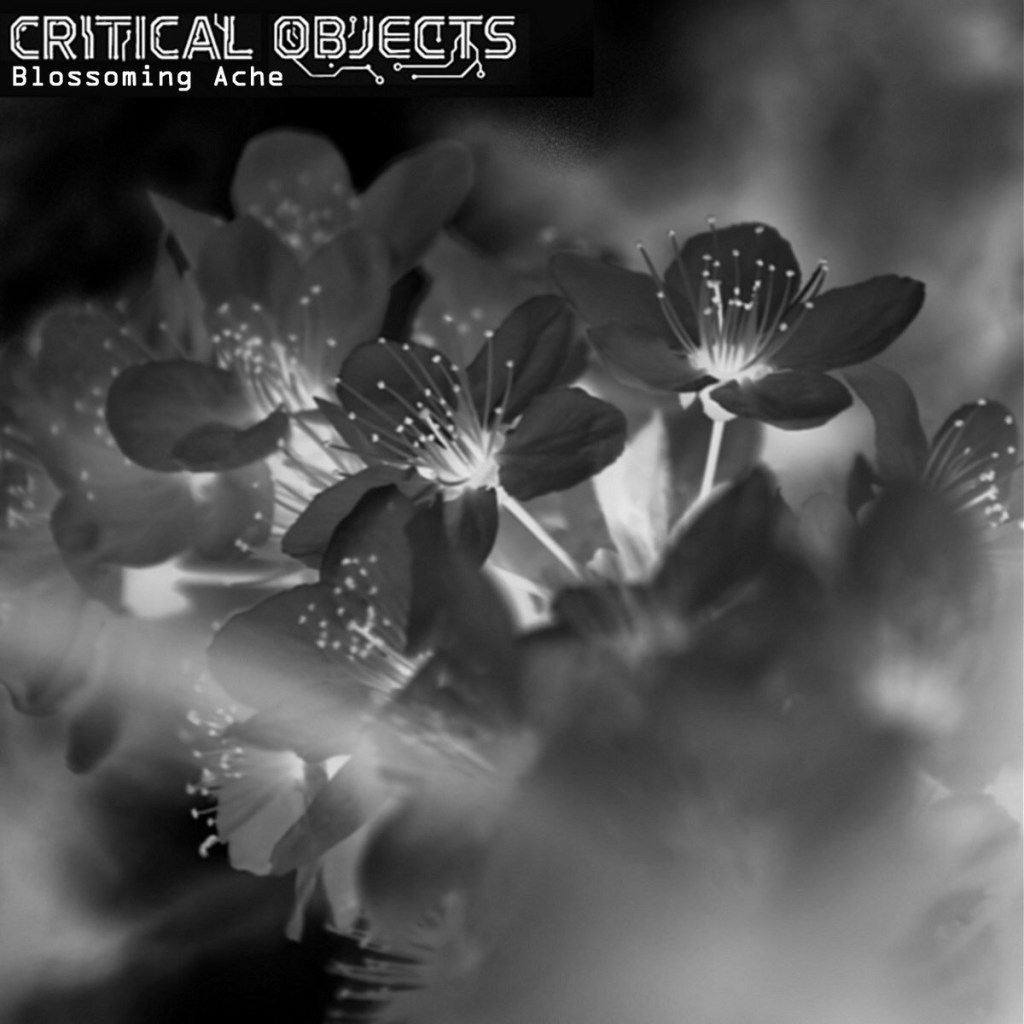
CRITICAL OBJECTS – BLOSSOMING ACHE
In the last of these round-ups, I covered ‘Rewind’, the debut single from Critical Objects – the duo of Pinklogik and Veryan – and politely asked for more electronic pop from these two wonderful artists. Well, I’m pleased to say that’s happened. ‘Blossoming Ache’ is the duo’s second track, built from a powerful bass hook and determined beats, set in place beneath a series of spiralling melodies that have a fleeting, ephemeral delicateness. Pinklogik’s vocals are haunting and plaintive, alternating between innocence and world-weary disappointment, like a mournful choir heard through the haze of memory. As with ‘Rewind’, both Veryan and Pinklogik provide their own individual remixes to round out the release, offering up polar opposite explorations of the track’s layers – with Pinklogik ratcheting up the rhythmic element and Veryan turning the piece into a sparkling blend of vocals and textures that will have the hairs on the back of your neck standing to attention. I won’t repeat the earlier plea for more music from this duo; Veryan has already tipped me off that more is on the way. Released October 31 2025.
https://criticalobjects.bandcamp.com/album/blossoming-ache
Words: Mat Smith
(c) 2025 Further.

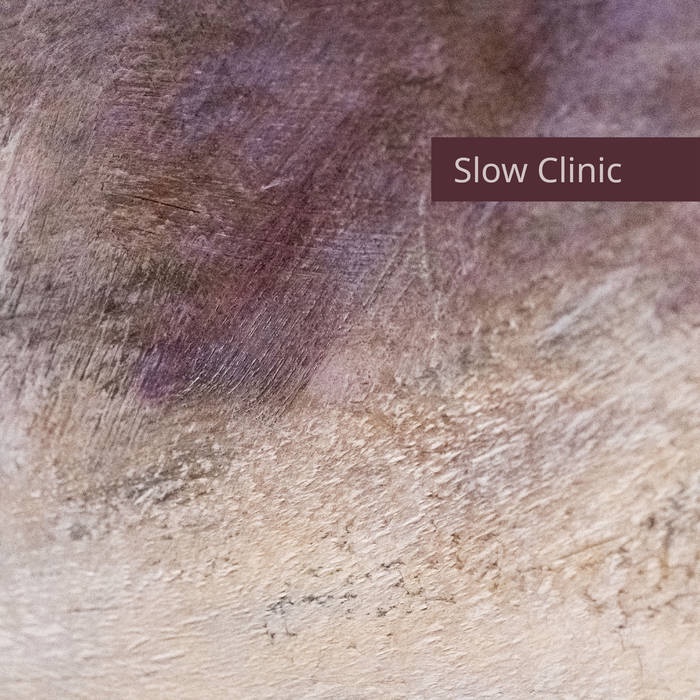
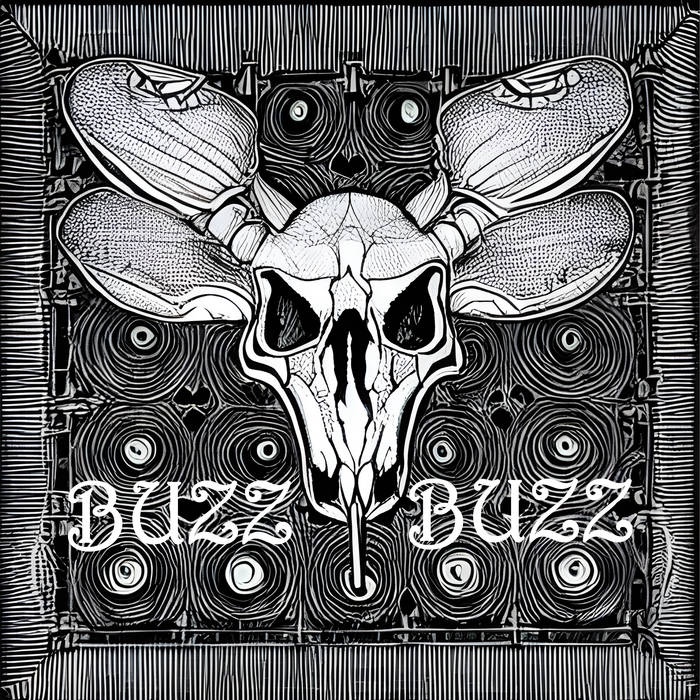
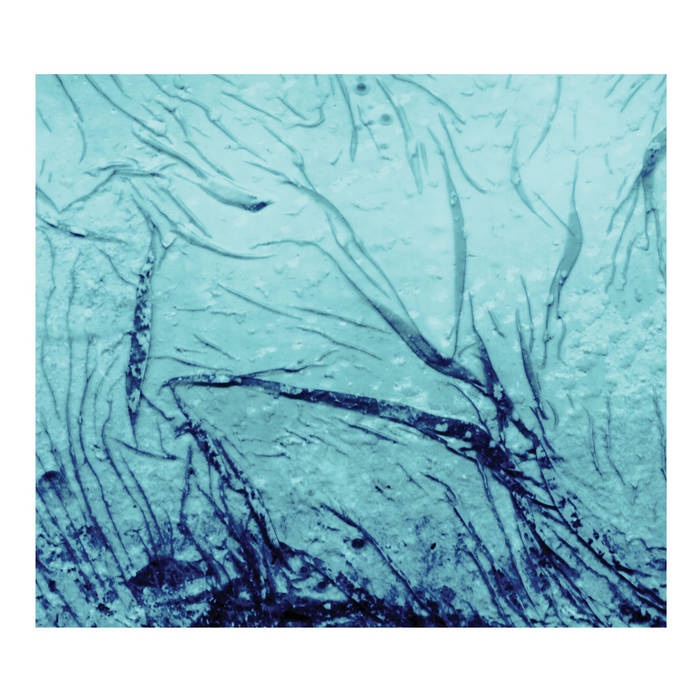
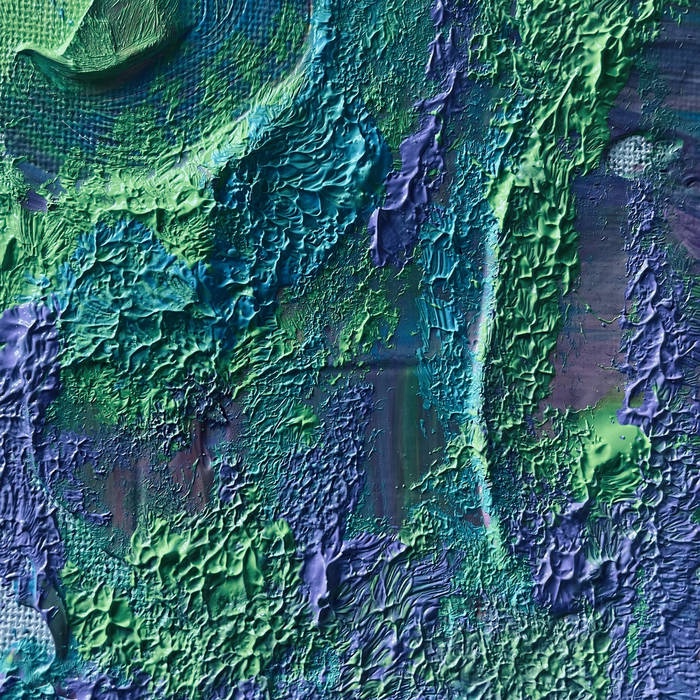
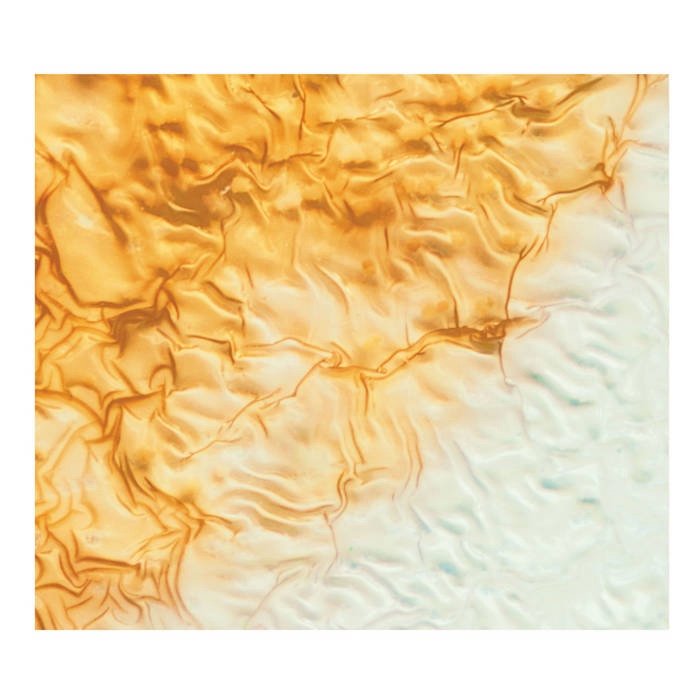













You must be logged in to post a comment.